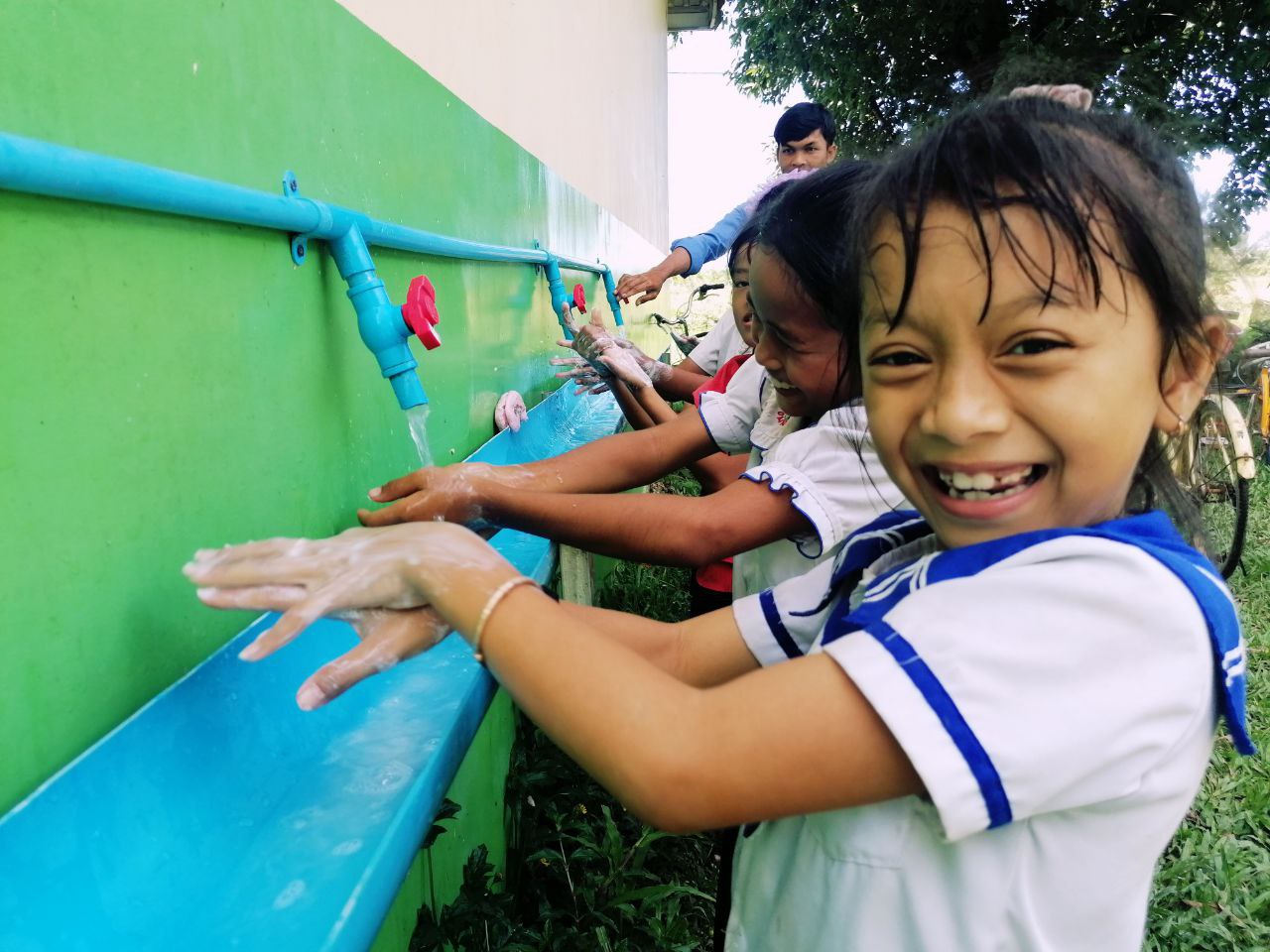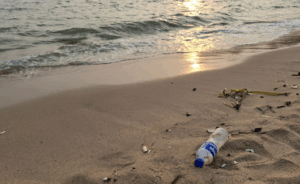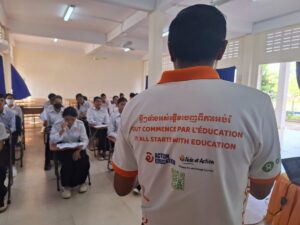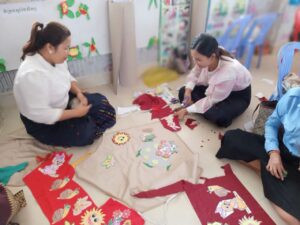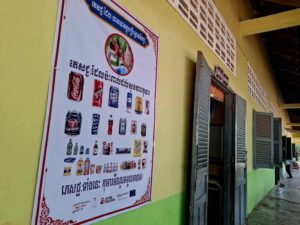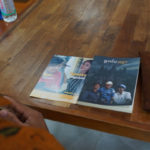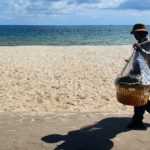Water and sanitation for education, health and dignity
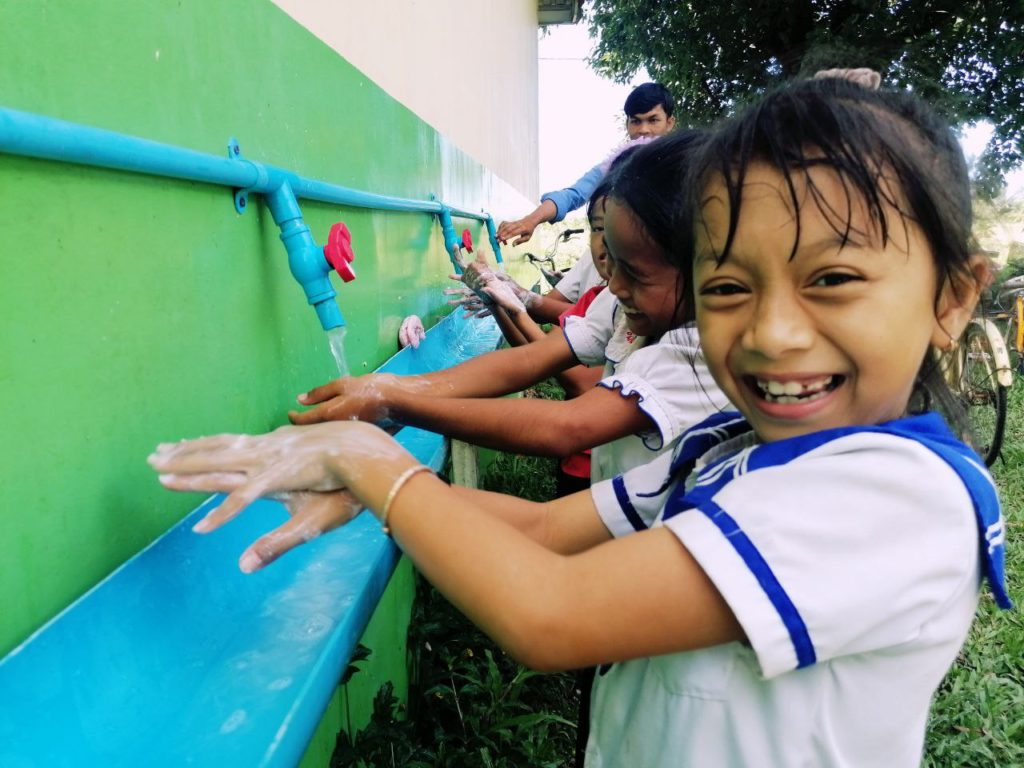
This morning, children are playing in the schoolyard at Hun Sen Chamkarbey primary school, where CO-SAVED contributed to renovate latrines and install a handwashing station. Children are rushing around it with excitement. “I wash my hands,” enthusiastically says Vay Lyhour, 8, as she grabs a piece of soap.
“I wash my hands because I want to be clean and healthy!” Chou Mashaeng, her 7-year-old playmate, interrupts: “I wash my hands too! I, too, wash my hands! I wash my hands both at school and at home. I wash my hands before and after eating…”
The children have fully learned their lessons.. “I wash my hands before eating and after eating…” Children learnt well their lessons.
Access to safe water, sanitation, and hygiene (WASH) facilities at school can have a substantial impact on students’ learning, health, and dignity. It is a human right as well as the Goal 6 of the Sustainable Development Goals. The CO-SAVED project, co-funded by the EU and led by Aide et Action (Action Education) in collaboration with 40 partners mobilizes school staff, parents and local officials. As of August 2023, approximately 40,000 students in Cambodia’s coastal areas had been reached by activities ranging from toilet building or restoration, handwashing station installation, scholarships, and WASH or child-friendly school management.
School deputy director Sun Sokhary expressed that “children are very happy. Their teacher asks them regularly: “Did you wash your hands? Show me your hands!’ We taught them the proper times to wash their hands so they develop this habit at an early age.” However, there are still challenges. According to school secretary Pon Siem, at least half of the 189 students come from poor families. “Some of them are very poor,” he insisted.
School deputy director Sun Sokhary said, “Their parents work in factories or on farms. It can be difficult for the community or the school to contribute financially to vital services at times. We would like two additional latrines because school buildings are far apart, which discourages children from going to wash their hands.”
Channy Ann, Aide et Action Officer, agreed that WASH services are “very important to prevent school dropout in poor communities, especially for girls.” She added that teachers were trained to identify students at risk based on variables such as attendance, behaviour, or academic performance.
Channy Ann, Aide et Action Officer said, “They keep records and send us reports on a regular basis. Our team can assess the situation on a case-by-case basis. Sometimes there are problems because the family is impoverished, or the child does not have a bicycle to go to school… We make every effort to support children with the most appropriate solutions.”
In another school, at Hun Sen Krong Kep primary school, the director Soenug explained his team could install a water filter. “We are incredibly happy,” he exclaimed.
The Director of Hun Sen Krong Kep primary school said, “We would like to thank Aide et Action and their partners. We have safe water now. Before we had this machine, children had to take water from home but sometimes, they did not and it was difficult. Now, everything has changed.”
The water filter system benefits the 524 pupils in primary school and 118 other children in pre-school but not only. “This machine is not just for the school, it is really for the community,” added the school director. “Teachers and parents come here to fill their bottle. In families, people boil water from the tap or need to buy plastic bottles. Here, the water is guaranteed to be safe.”
